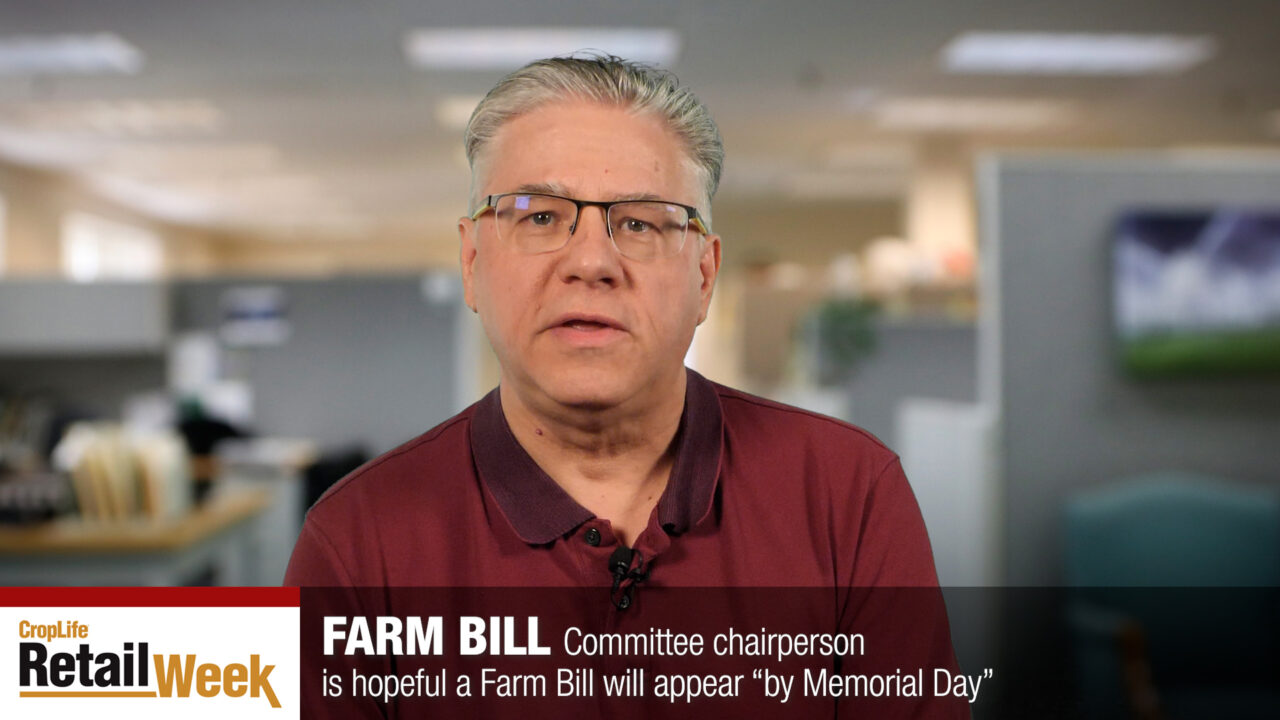Beekeeping Groups Challenge EPA Over Sulfoxaflor
National beekeeping organizations along with the National Honey Bee Advisory Board and the Pollinator Stewardship Council have filed an opening brief in an appeal challenging the EPA for its approval of the pesticide Sulfoxaflor, shown to be “highly toxic” to honey bees, and other insect pollinators. Sulfoxaflor is the first of a newly assigned sub-class of pesticides in the “neonicotinoid” class of pesticides and is considered by the EPA to be “highly toxic.” Many scientists across the globe have linked this class of pesticides as a potential factor to widespread and massive bee colony losses. The case was filed as the beekeeping industry across the country struggles for survival and faces the costly effects of pesticides upon their businesses.
[Related: Dow AgroSciences Responds To Appeal Of EPA-Approved Sulfoxaflor]
The Pollinator Stewardship Council (formerly, the National Pollinator Defense Fund), National Honey Bee Advisory Board, American Honey Producers Association, the American Beekeeping Federation, and beekeepers Bret Adee, Jeff Anderson and Thomas R. Smith are being represented in this case by the public interest law organization Earthjustice. The groups argue that the EPA violated the Federal Insecticide, Fungicide, and Rodenticide Act (FIFRA) by granting the pesticide full registration for most crops, dismissing the input from their risk assessors that the field tests supplied by the manufacturer Dow Chemical were insufficient to adequately determine pollinator safety.
The groups also contend that the EPA’s labeling is inadequate to mitigate the risk Sulfoxaflor poses to bees. The agency also failed to accurately measure Sulfoxaflor’s costs and benefits by ignoring the harm the pesticide causes to the beekeeping industry and to the crops that require bees for pollination. The EPA is required by the Federal Insecticide Fungicide and Rodenticide Act (FIFRA) to determine that a pesticide does not pose an unreasonable risk to the environment or to economic interests.
“This case is really quite simple: bees are getting wiped out, and yet the EPA rubber stamped another bee-killing pesticide,” said Earthjustice attorney Greg Loarie. “EPA failed the beekeeping industry and all of us who rely on a sustainable food supply by refusing to consider threats to pollinators from this new pesticide.”
“Native and managed pollinators are a national resource providing an irreplaceable service in the production of high quality fruits and vegetables for our families,” said Rick Smith, beekeeper and farmer. “Pesticide application is a stewardship responsibility farmers take seriously. The EPA neglected to provide mandatory label instructions which would protect pollinators and allow farmers to proudly live up to that stewardship responsibility.”






